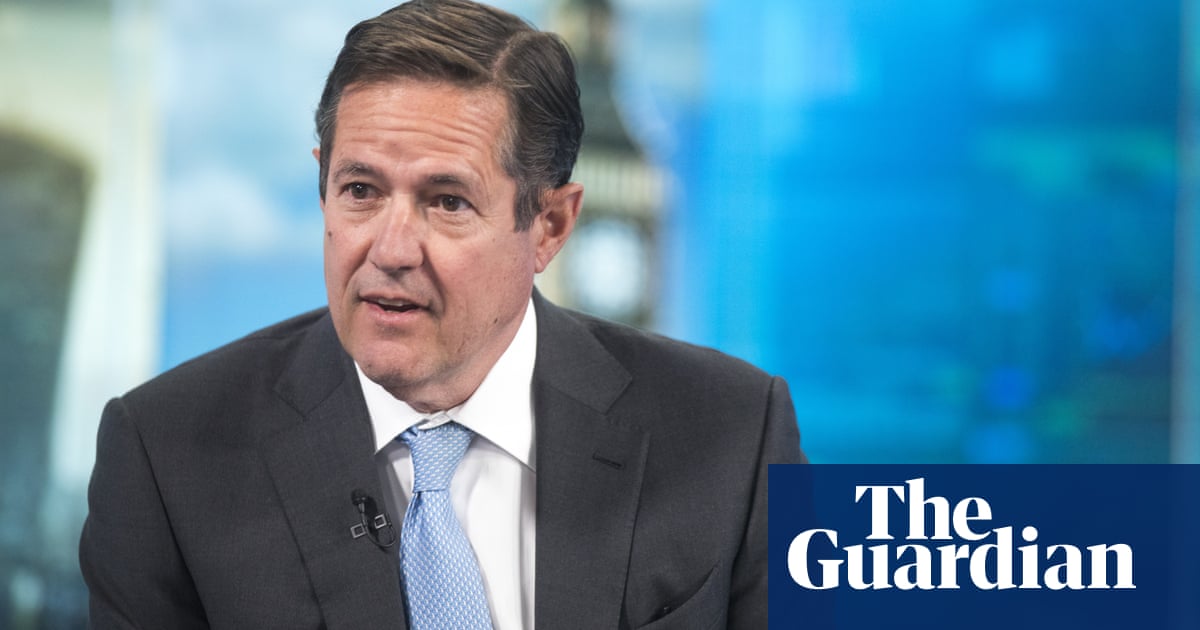
London’s Southwark Crown Court heard a testimony from Barclay’s former divisional vice-chairman of investment banking and investment management Gay Evans in which she said she was not aware of the deal with a Qatari firm to advise Barclays for about $445 million.
Evans stated, in a testimony read by prosecutors, that although she was tasked with building relationships with sovereign wealth funds in 2008, she did not know about deals for additional services from Qatar after it invested billions of pounds in the British bank during the credit crisis.
The former manager indicated that the relationship between former Middle East director at Barclays Roger Jenkins and former Qatari prime minister Hamad bin Jassim, was the "gate" for the deal, in exchange for the countrys sovereign wealth fund investing billions of dollars in the bank during the global financial crisis in 2008.
The court is considering fraud charges against four senior Barclays officials for a "secret" advisory contract with Qatar, where the bank hid the deal from shareholders and the board.
Prosecutors for the Serious Fraud Office (SFO) allege four bankers misled the market, shareholders and other investors by not disclosing around 322 million pounds in extra fees paid to Qatari investors through so-called additional service agreements to bin Jassim’s Challenger, described as a “mechanism of paying the Qataris what they wanted”.
Former Barclays chairman Marcus Agius, stated in a previous testimony, he was not aware of the advisory services agreements.
“Absolutely not, I saw the document for the first time some years after,” Agius said. He then clarified: “Not only did I not see the document but I wasnt aware of its existence,” when asked by SFO about seeing the agreements.
The former chairman added that he did not see the document until 2012. Agius said he was also unaware of how the deals were negotiated or how the fees were arrived at.
Judge Robert Jay, who is presiding over the trial, earlier told jurors that Qatari investors must be just as dishonest as the bankers on trial if the prosecution’s argument is correct.
The judge said a “contract needs two parts,” and that if the prosecution’s case is correct, it must mean that “one or more individuals comprising or connected with the Qatari entity was equally dishonest in the criminal sense. There is no getting around that,” he was reported as saying in January.
The four defendants, John Varley, Roger Jenkins, Tom Kalaris and Richard Boath are charged with conspiracy to commit fraud by false representation in a case that revolves around how Barclays raised more than $14.6 billion from investors, including Qatar, to stave off a state bailout more than a decade ago.
They deny the charges and could be sent to prison for a maximum 10-year sentence. The trial continues.












